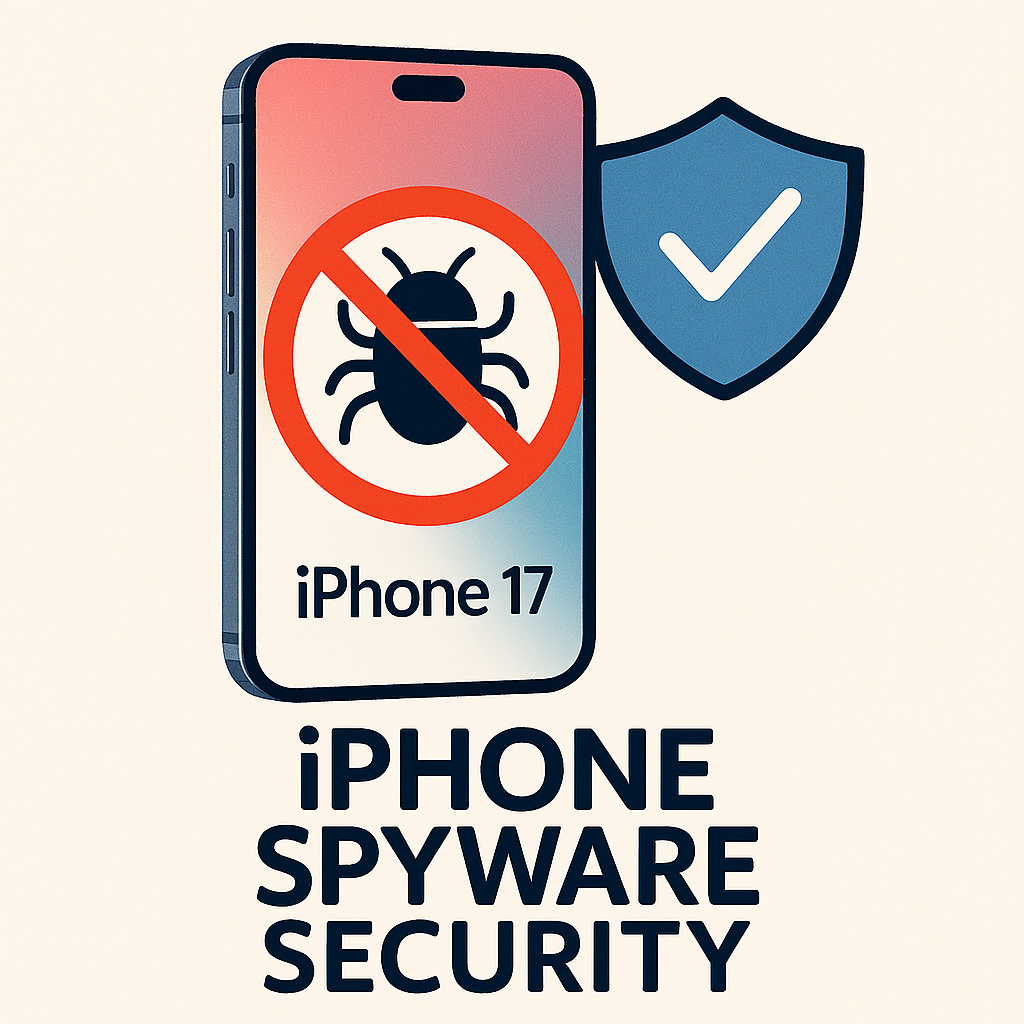Apple's newest iPhone security enhancement has just complicated things for spyware developers.`
The feature known as Memory Integrity Enforcement (MIE) aims to prevent memory corruption bugs, which are among the most frequently exploited vulnerabilities by spyware developers and manufacturers of phone forensic tools utilized by law enforcement.

Amidst a sea of exciting new products unveiled by Apple this week, the tech giant also introduced advanced security technology for its latest iPhone 17 and iPhone Air models. This innovative security feature was specifically developed to combat surveillance vendors and the vulnerabilities they typically exploit, as stated by Apple.
The feature, known as Memory Integrity Enforcement (MIE), aims to prevent memory corruption bugs, which are among the most frequently targeted vulnerabilities by spyware developers and manufacturers of forensic devices used by law enforcement.
Apple mentioned in its blog post, "Mercenary spyware chains that target iOS share a common thread with those aimed at Windows and Android: they take advantage of memory safety vulnerabilities, which are powerful, interchangeable, and prevalent across the industry."
Cybersecurity professionals, including those who create hacking tools and exploits for iPhones, have informed TechCrunch that this new security technology could position Apple’s latest iPhones as some of the most secure devices available. This development is expected to complicate matters for companies that produce spyware and zero-day exploits intended for infiltrating a target’s phone or extracting information from it.
A security researcher, who has spent years developing and selling zero-day exploits and other cyber capabilities to the U.S. government, told TechCrunch, "The iPhone 17 is likely now the most secure computing environment on the planet that remains connected to the internet."
The researcher also indicated to TechCrunch that MIE will increase the cost and time required to create exploits for the newest iPhones, which will likely lead to higher prices for their clients.
"This is a significant development," said the researcher, who preferred to remain anonymous while discussing sensitive topics. "It’s not completely hack-proof. But it’s the closest we can get to being hack-proof. None of this will ever be entirely flawless. However, it raises the stakes considerably."